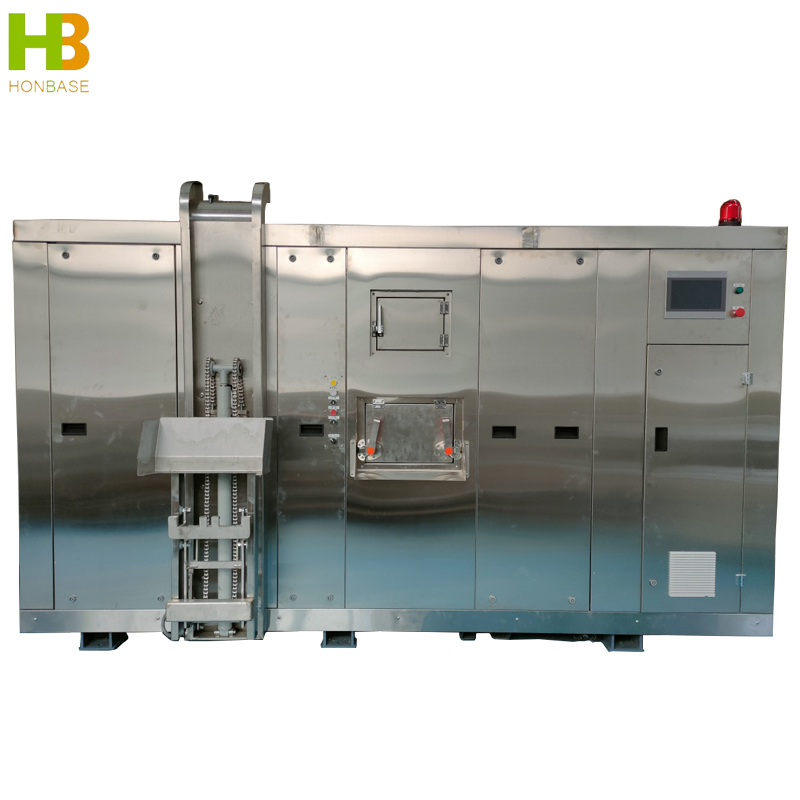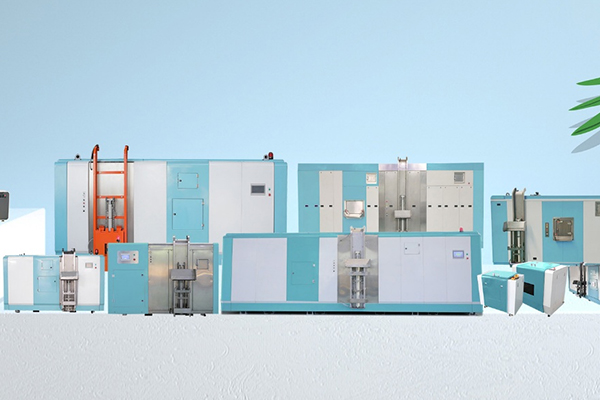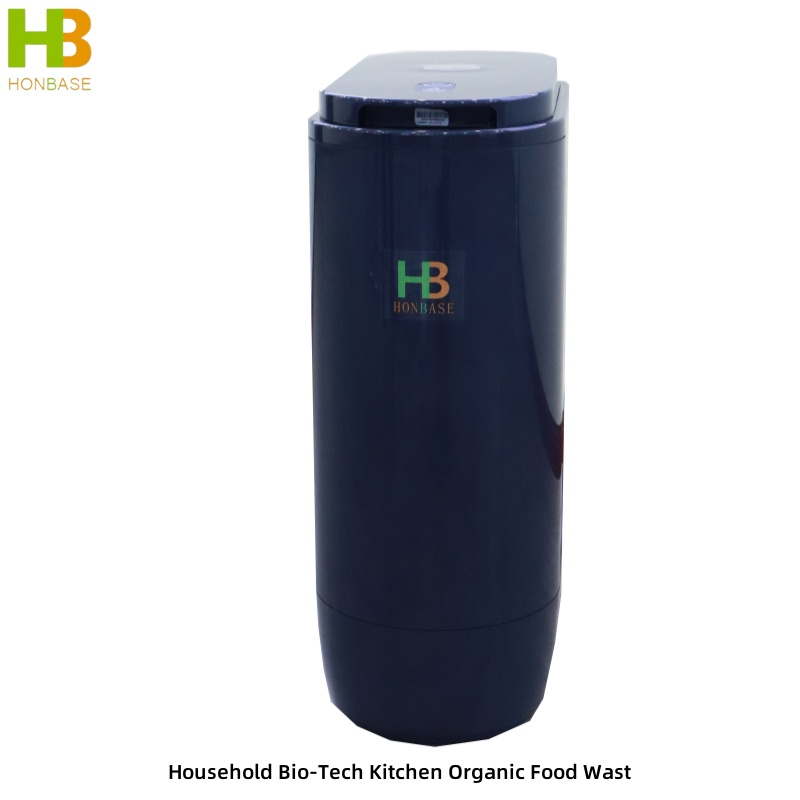Innovative Food Waste Composter Revolutionizes Sustainable Living
As awareness of environmental issues continues to rise, innovative solutions for managing food waste are becoming increasingly important. One such breakthrough is the new generation of food waste composters, which are transforming how households approach organic waste disposal.
These modern food waste composters are designed to simplify the composting process, making it accessible and efficient for everyone. With features such as odor control, compact designs, and user-friendly interfaces, these devices allow users to compost kitchen scraps with minimal effort. Many models can process a variety of organic materials, from vegetable peels to leftover meals, turning them into nutrient-rich compost in just a matter of days.
The benefits of using a food waste composter extend beyond just waste reduction. By composting food scraps, households can create valuable organic fertilizer for gardens, promoting healthy soil and plant growth. This not only enhances local ecosystems but also encourages a sustainable lifestyle, reducing reliance on chemical fertilizers.
Moreover, as municipalities and governments around the globe implement stricter waste management regulations, the adoption of food waste composters is becoming a necessity. These devices help individuals and families comply with composting guidelines while contributing to broader environmental goals, such as reducing landfill waste and lowering greenhouse gas emissions.
Several manufacturers are leading the charge in this space, offering innovative designs and features that cater to diverse needs. From compact kitchen units to larger outdoor models, the range of options ensures that there is a suitable composter for every household.
In conclusion, food waste composters are not just a trend; they represent a significant step toward sustainable living. By embracing these innovative devices, consumers can take an active role in reducing food waste and contributing to a healthier planet. As more households adopt composting practices, the collective impact on waste reduction and environmental conservation will be profound, paving the way for a greener future.










